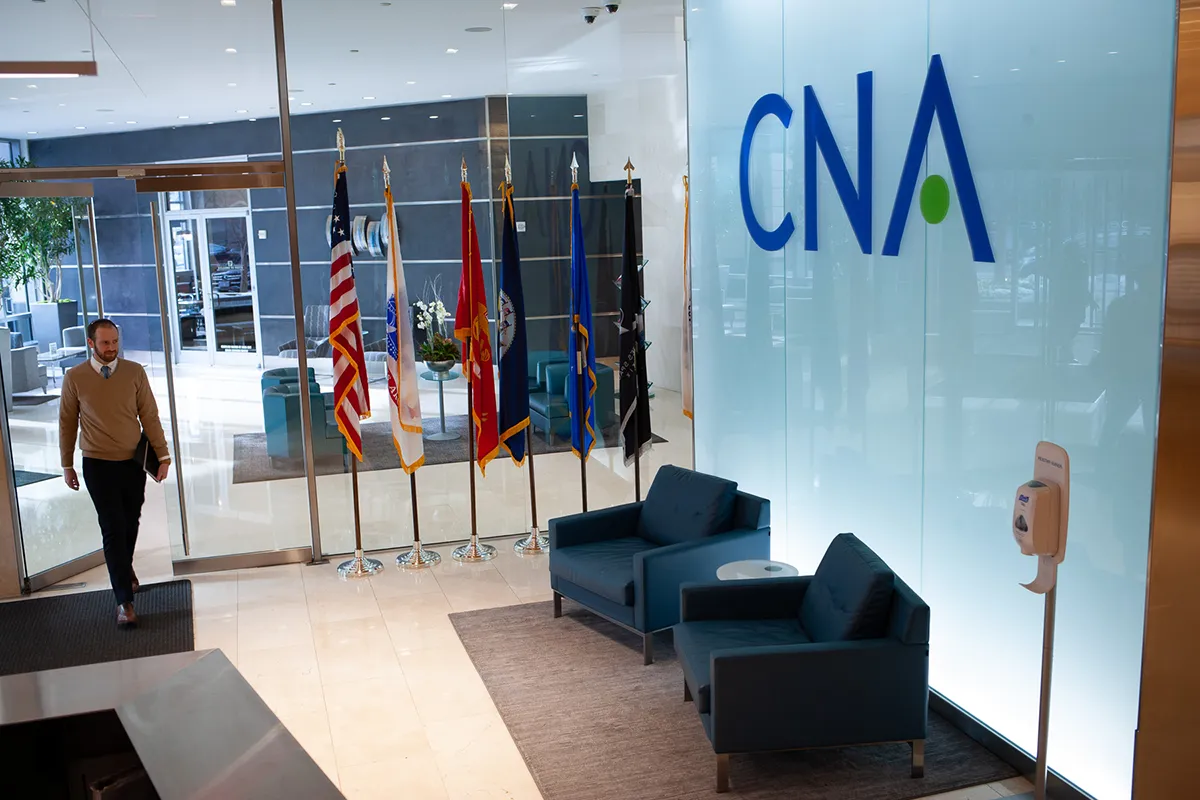Russian state intervention in Libya’s civil war has changed significantly in recent months, as reflected in Kate Baughman’s recent InDepth post on Russian activities in Libya. This follow-on commentary covers the implications of Russian activities on the Libyan conflict. An increase in Russian activity in Libya could alter the war’s outcome, intensifying and prolonging the conflict, deepening factions and increasing the likelihood of a re-emergent Islamic State.
A brief period of optimism followed the 2011 overthrow of longtime strongman Muammar Qaddafi. However, since 2014 Libya has been mired in an increasingly stagnant civil war. The two primary belligerents are Khalifa Haftar’s self-styled Libyan National Army (LNA) in the East and the United Nations-backed Government of National Accord (GNA) in the West. Haftar portrays himself as a strongman who can defeat Islamist militants and restore order to Libya, and a willing partner to other authoritarian regimes. In April 2019, Haftar began a campaign to take Tripoli, the country’s capital city and the GNA’s seat of power.
Russia has backed Haftar’s forces throughout the conflict, despite its proclaimed neutrality. Since the initiation of the Tripoli offensive, Russia has demonstrated its support in two additional ways: by blocking a UN Security Council resolution that would have condemned the Tripoli offensive, and by providing more lethal aid, including hundreds of contractors.
One reason the Libyan civil war has persisted since 2014 is that both sides are weak. Neither belligerent has a unified military force, but instead is made up of a series of frequently changing militias. Most of these militias are linked to a particular city and cannot project force more than one or two cities over. Targeted Russian interference through the introduction of a small contingent of well-trained mercenaries and sophisticated weapons could fundamentally shift this calculus in favor of the LNA and Haftar.
If Russian support facilitates the LNA capture of Tripoli, this could qualitatively change the nature of the conflict in three ways. First, a successful assault on Tripoli could upset the status quo on oil revenue. Libya’s oil revenues currently flow to the Libyan Central Bank. These funds are then dispersed to forces on both sides of the conflict. Since both groups have an interest in maintaining this economic status quo, it has — somewhat counterintuitively — served as a safety net, preventing the conflict from worsening. If this were to change, the militias that now control Libya might turn predatory, engaging in more criminal activity and extracting wealth from the populations they claim to protect. Conflicts between militias over the control of revenue sources might also become more violent.
Second, a Haftar victory in Tripoli may embolden foreign military sponsors. While the conflict in Libya has long been a magnet for foreign intervention, there has been an increase in the sophistication of the weaponry sent to Libya this year. The powerful western militias that support the GNA, such as those from Misrata, have every incentive to keep fighting even if Tripoli falls. And like the LNA, they too have external support, most notably from Turkey. When the United Arab Emirates supplied Chinese-made armed drones to the LNA, Turkey provided armed drones to the GNA. If this arms race continues, it will allow belligerents that might otherwise have been defeated to fight on, prolonging and intensifying the conflict.
Third, an intensified conflict and/or oil-revenue disruption would create the conditions for groups such as Islamic State to increase their scope of operations. In 2014 and 2015, Islamic State gained traction in Libya by occupying geographic and social seams. Increased violence, predatory militias and an influx of weaponry could lead to new social, economic and political seams that would be prime areas for Islamic State to recruit from and occupy.
Russia is one of many external actors fueling the civil war in Libya. However, the recent increase in aid to Haftar at a key time in his Tripoli campaign could have an outsized impact on the conflict and cause decisive shifts in the political and security landscape for years to come.



